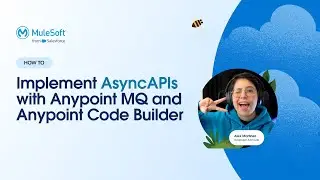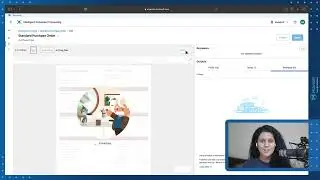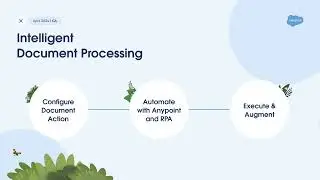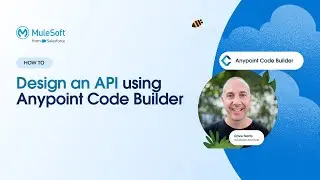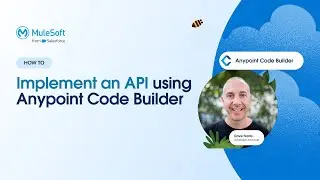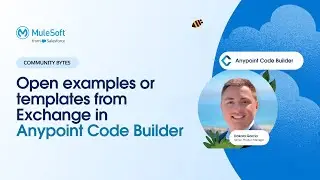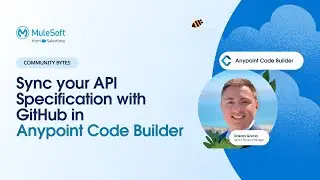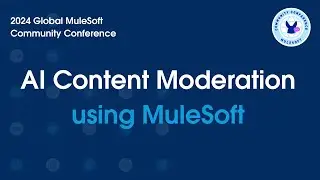How to Design AsyncAPI Specifications with a Practical Example in MuleSoft’s Design Center
There's a lot of talk about the new AsyncAPI support in Anypoint Code Builder. Still, before implementing some APIs (or services) with Event-Driven Architecture (EDA), it's important to understand why we chose this architecture. Not only that, but it's important to understand how to design our specifications properly before implementing the APIs.
In this video, you'll learn how to design some AsyncAPI specifications in Design Center that can be applied to a practical use case.
The practical example used in this video was motivated by the following article created on the official AsyncAPI site, by Dunith Dhanushka:
https://www.asyncapi.com/blog/underst...
---
📘 Learn more about AsyncAPI Specifications
AsyncAPI is a language that describes messaging interfaces. This open-source, industry-standard language is agnostic to any technology. AsyncAPI makes it easy to work with event-driven architecture by separating the API into three layers:
Events: Message or data to be shared with other services
Channels: Destination of the message to be sent or received
Transport: Technology that transports the message, such as RabbitMQ, Kafka, or Anypoint MQ
You can create or import an API specification in API Designer. See the docs for more information:
https://docs.mulesoft.com/design-cent...
💻 Try it yourself with this GitHub repo:
https://github.com/alexandramartinez/...
---
💙 Connect with us
Learn more about the MuleSoft Community:
https://www.mulesoft.com/community
Follow us on YouTube:
/ mulesoftvids
Follow us on Twitch:
/ mulesoft_community
Follow us on LinkedIn:
/ mulesoftcommunity
🟦 Chapters:
00:00 Intro
00:17 Use Case and Architecture
01:08 Design the Account Service
05:16 Design the Email Service
07:20 Ending








